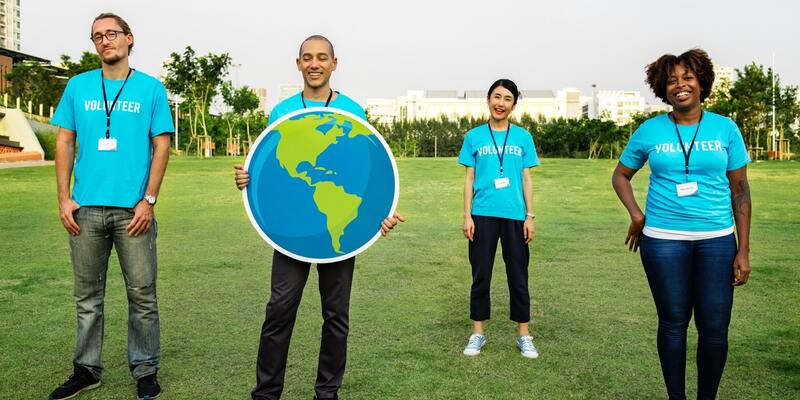Today we continue our two-part series on NGOs, to celebrate our appointment by the United Nations Development Programme (UNDP) to be their exclusive recruitment partner for the next year, working on a variety of roles within their Global Shared Services centre in Malaysia.
In the last post we look at what an NGO is, what it’s like to work for an NGO and whether that career path is suitable for you. Today we look how to apply to work at an NGOs
-
Understand the competitive landscape
NGO roles are as competitive as those in other industries and usually job opportunities attract significant interest. It would be wrong to assume that, if you have certain skills outlined the job description, that it’s job done. You’ll actually need to put significant work into making a convincing case that you stand out from other applications
-
Do your research
If you want to work in an NGO but are still not sure which NGOs would best suit you, the World Association of Non-Governmental Organizations offers a huge, comprehensive online database. Then, once you’ve decided on an NGO, you’ll need to research both their website and their activities in the news. You’ll need a good understanding of the NGO’s mission statement and organisation goals, as well as what they have achieved recently. Make sure you are aligned with both the NGOs code of ethics and it’s beliefs
-
Consider volunteer work
Consider volunteering at your local food bank, homeless shelter, and similar organisations, taking on leadership roles if possible, or simply giving up a day or two each month to help out. This type of charity work, while noble, also helps to bolster your CV
-
Consider languages
Naturally, it will depend on the geographies in which you wish to work, but generally speaking, NGOs appreciate multi-linguists simply because of the international nature of their work. A good excuse to brush up any existing language skills you have, or even learn a new one
-
Demonstrate empathy for the cause and the NGO
What issues are close to your heart? Why are they close to your heart? What NGOs are working in these areas? What countries are they working in and what role are they offering? Whether you are working in a support role (such as a Shared Service Centre in Malaysia) or a front lie role (say, teaching underprivileged children in Tanzania), you need to be convincing on:
-
Why this particular NGO
-
Why this role
-
Why this location
This conviction will need to come across in both your cover note and your interview – take a look at our previous post on cover letters to get you started
-
Present your credentials
When applying to an NGO, you’ll want to present any relevant experience you’ve had. This can include previous involvement with NGOs, volunteer organisations and charities. You don’t want it to look like you’ve just decided to join an NGO overnight. Instead, your application and your CV should give the impression of previous interest in related areas, even a slow move towards this work over time. Therefore you have an idea of what will be expected of your and the challenges you’ll be facing.
For cover letters, as well as work experience and qualifications, you’ll want to include a short paragraph on what you can bring to the organisation’s mission and why you care about this type of work. Keep any information here short and keep it related to your skills and goals
-
Tailor your CV
For CV’s, you’ll want to organise your CV so that volunteer and charity experience is more visible. If this is usually mentioned at the end, consider brining it to the front under education, or simply expanding that section with more information than you’d usually include. But don’t forget, the NGO will be looking at your commercial skills developed outside the NGO space just as much as any other employer, so don’t let this part of your CV start to overshadow your professional skills and experience. Take a look at our previous series on CV construction for more ideas
-
Expect all the classic interview questions
Where do you see yourself in five years’ time? What do you want from this role? We have a previous series of blog posts on how to answer specific interview questions and we also interview technique – so be sure to refer back to these
-
Networking
Keep an eye out of networking opportunities that will help you build contacts across NGOs. This could be at conferences and events where NGOs are speaking or have booth, volunteering with NGOS at the weekend, or even making some contacts over LinkedIn
-
Be prepared to take a salary cut
Some NGO roles are well paid and don’t involve much of an income adjustment. But most NGO roles won’t pay as highly as their commercial world equivalents. This is the price you may need to pay to begin an NGO career. And while this may mean that you have to get better at budgeting for a couple of years, it shows through in terms of your commitment to the cause and self-discipline
